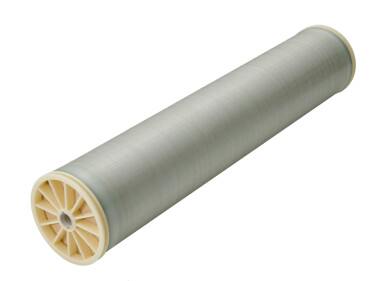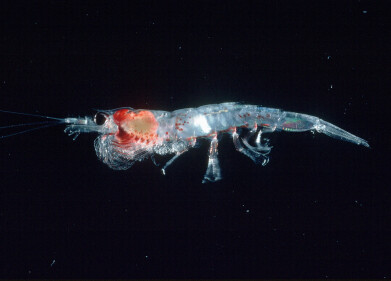Water/Wastewater
What is Cryptosporidium and How Can I Avoid It?
Aug 12 2015
The whole of Lancashire was given cause for concern last week after United Utilities, the local water supplier, recommended that residents boil all drinking water before use. The precaution was taken after traces of the parasite cryptosporidium were discovered at the Franklaw wastewater treatment plant in Preston during routine checks.
But what exactly is cryptosporidium and how does it affect humans? Just as importantly, how can you make sure you don’t fall ill from coming into contact with it? Read on to find out.
A Parasite Found in Livestock
Cryptosporidium is a parasite that lives inside the intestines of animals or humans, most commonly in livestock. It can find its way into soil, food or water if the substance comes into contact with contaminated faeces – in fact, millions of parasites can be released in one single bowel movement and then infect others if they ingest it accidentally.
How Dangerous Is It?
Outbreaks of cryptosporidium are rare, with this latest scare in Lancashire being only the third in the UK since 2000. It causes cryptosporidiosis, a gastrointestinal illness which manifests itself most prominently in symptoms of extreme diarrhoea.
In addition to this, sufferers may also experience:
- Nausea
- Vomiting
- Stomach cramps
- Dehydration
- Weight loss
- Fever
Although the illness is not serious in healthy, active persons and symptoms will most likely dissipate within one or two weeks, it can have grave implications for the very young, very old or those with immune system deficiencies. In these individuals, the illness can have a prolonged impact and in very serious cases, can even be terminal.
How Can I Avoid It?
Most parasites such as cryptosporidium are filtered out of our water supplies at the water treatment stage, via the use of techniques involving chlorine. However, cryptosporidium is highly resistant to chlorine and as such, can escape decontamination on rare occasions.
The best way to ensure you don’t personally come into contact with it is either by buying bottled water (which has been in short supply in many areas of Lancashire since the announcement of the potential outbreak) or simply by boiling the water before use. This policy should be applied to all water used for drinking, preparing food or brushing teeth, although showering, bathing and cloth-washing habits should be unaffected, say United Utilities.
When using the dishwasher, residents in an affected area should set the machine to its hottest setting - 65°C or above – to ensure any residual parasitic elements are eliminated.
How Can I Treat It?
If you suspect you may have come down with an illness induced by cryptosporidium, it is best to go and see your GP. However, as mentioned above, the ailments caused by the parasite usually clear up of their own accord. Sufferers should ensure they consume enough liquids to replace those lost during diarrhoea to avoid dehydration and make the recovery process all the quicker.
If symptoms persist past three weeks, a visit to your GP is vital.
Events
Carrefour des Gestions Locales de L'eau
Jan 22 2025 Rennes, France
Jan 29 2025 Tokyo, Japan
Feb 05 2025 Nantes, France
Feb 16 2025 Kampala, Uganda
Feb 26 2025 Chennai, India




-as-feedstock.jpg)





